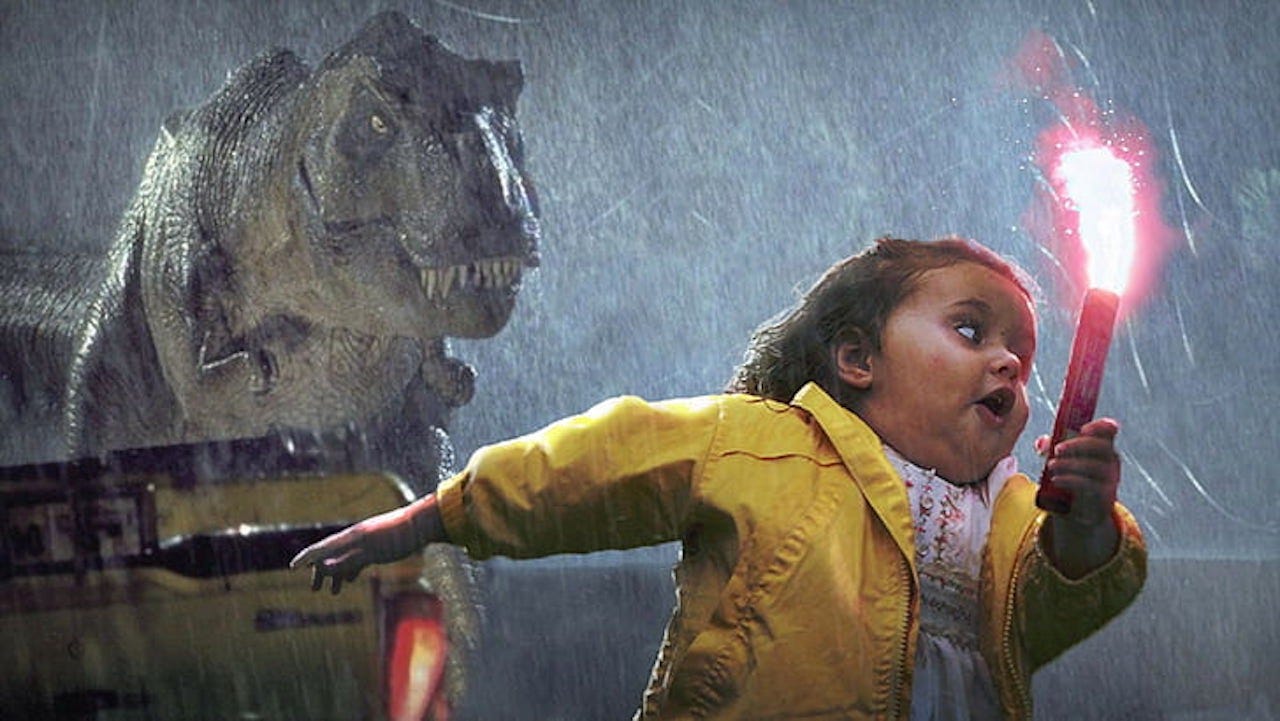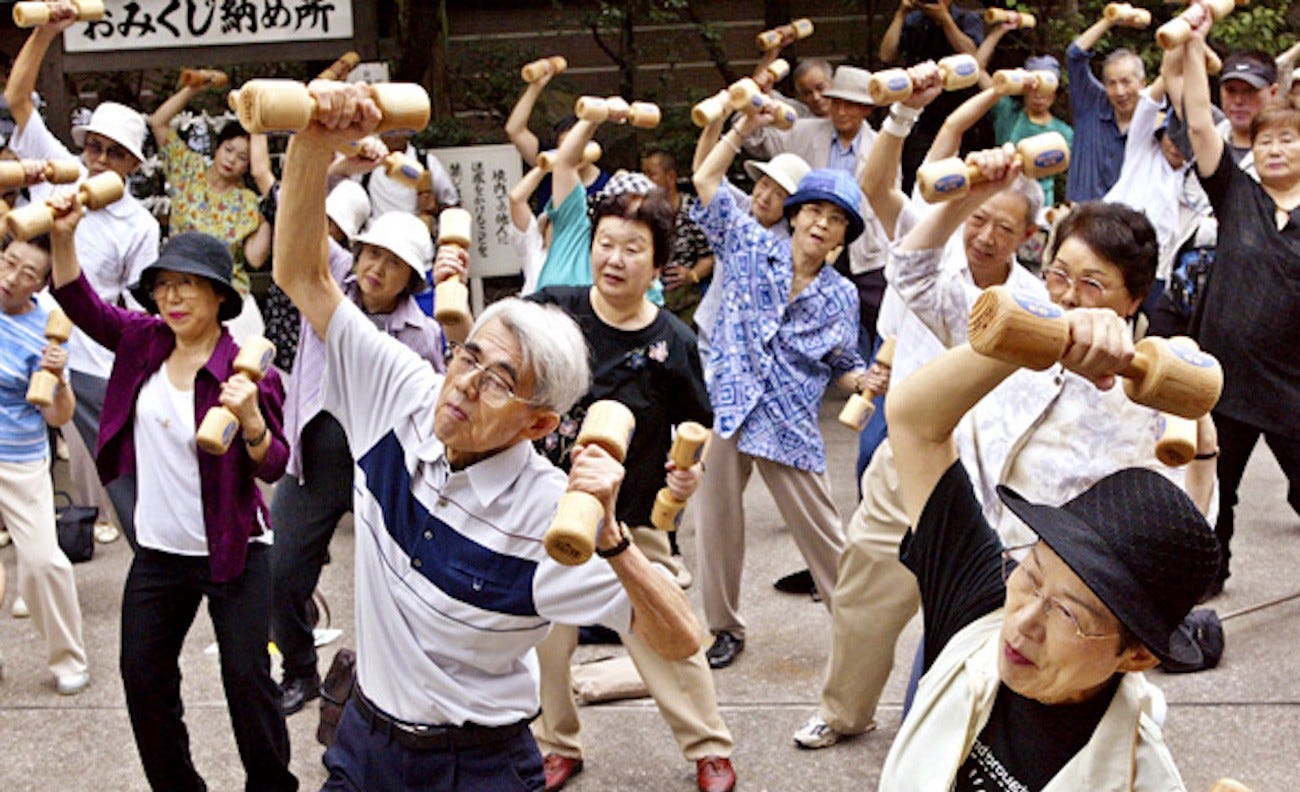The Politics of Ending Aging
The most important political issue of our times is aging.
Aging is responsible for disabling and killing far more people than any other disease — and aging is indeed a disease.
It is time to classify biological aging as a disease. — 2015 publication by a team of international researchers
Just consider that if we cured cancer we’d add just 2.1 years to the average human lifespan and if we cured ALL cardiovascular diseases we’d add 1.5 years. And yet we spend billions of dollars on trying to cure those age-related diseases, which of course we should do, but virtually nothing on curing aging itself, which could theoretically add an infinite amount of years to our lifespans. There isn’t a country on Earth that has committed significant resources to cure or at least slow aging.
And yet, whatever generation, country, and organization ends up curing it will go down in history for potentially all of history. You win the game when you defeat the big boss — the Grim Reaper.
Biomedical gerontologist Aubrey de Grey claimed that the first human to live 1,000 years is probably already alive, and might already be between 50 and 60 years old.
And why not?!
There’s no natural law that says “Living things shalt not live past 122 years old (oldest recorded living human in history)!”
The oldest living land animal is a 187-year-old giant tortoise. The oldest living mammal is a 211-year-old bowhead whale. The oldest living vertebrate is a 400-year-old Greenland shark. There are trees in California that have been alive since before Jesus. Jesus!
There is nothing in biology yet found that indicates the inevitability of death. This suggests to me that it is not at all inevitable and that it is only a matter of time before biologists discover what it is that is causing us the trouble. — Richard P. Feynman
We age not to “make way for the next generation,” but because our bodies didn’t evolve to fight off entropy much longer than it takes to raise the next generation. Animals that procreate faster die faster as their evolutionary purpose has been served, but as humans, we already go well beyond our evolutionary purpose in so many other respects and so it’s about time we did so with aging too!
Life can theoretically last forever, as long as we can preserve and/or recapture critical biological information by absorbing energy from someplace in the universe. We can, after all, already do things in a lab that a generation ago were unimaginable such as cloning, accelerating/reversing aging in mammals, and reviving yeast microbes from 4,500 years ago. Scientists are also exploring the possibility of resurrecting the woolly mammoth and the T-Rex.
A common critic of anti-aging is, “I don’t want to live forever,” and no one is suggesting you have to live any longer than you wish, but wouldn’t it be nice to live healthfully for as long as you wished?
With our biological clocks stopped (or drastically slowed down) we could travel the galaxy, see our great-great-great grandchildren’s wedding (perhaps to each other), and cultivate a deeper sense of peace than we’ve ever known.
I don’t blame people for not wanting to live forever in their current mental state, including at times myself when I feel overwhelmed or disappointed, but at a higher level of existence, I don’t see why after 100 years of immaturity many of us wouldn’t finally make the choice to move away from external-based pleasure-seeking to internal-based joy. In high school, I’d politely insult my friend by saying he was in a “constant state of meditation.” Perhaps, that’s what lies ahead for humanity.
But before we dive into some political solutions to slow aging let’s consider some personal ones because politics always begins with YOU! If you make healthier choices then those around you are more likely to make healthier choices. Politics is shaped by culture and the culture is shaped by your choices…
Personal
Eat Less (Calorie Restriction)
Studies have shown that cutting calories led to longer lifespans in worms, rodents, and monkeys. As Harvard biologist David Sinclair said, “After twenty-five years of researching aging and having read thousands of scientific papers, if there is one piece of advice I can offer, one surefire way to stay healthy longer, one thing you can do to maximize your lifespan right now, it’s this: eat less.”
Eat Less Often (Intermediate Fasting)
In the worm C. elegans, a fasting diet increased lifespan by 40%. Rats that went hungry every third day lived 15% longer than rats on a normal diet. Intermediate fasting leads to an increase in sirtuin (a key protein associated with longevity) and autophagy expression (the clearing of unhealthy cells).
Eat Better (Less Carbs/Beef/Sugar/Dairy, More Veggies)
Mice fed on low levels of methionine (beef, lamb, poultry, pork, eggs) increased their healthy lifespan by 20%. Plant proteins, in general, tend to contain low levels of methionine to keep us well, but not so much to cause biological complacency.
Exercise (HIIT)
Individuals who exercise more — the equivalent of at least a half-hour of jogging five days a week — have telomeres that appear to be a decade younger than those who live a more sedentary lifestyle. In another study, those who ran 4–5 miles a week reduced their chance of death from a heart attack by 40% and all-cause mortality by 45%. The Mayo Clinic said, “HIIT engages the greatest number of health-promoting genes, and more of them in older exercisers.”
Shiver & Sweat (Extreme Temperatures)
Animals who are subjected to the shivering cold for three hours a day experienced significantly reduced rates of diabetes, obesity, and Alzheimer’s. And then on the warm side of things, those who sauna 7X per week saw a 100% drop in mortality over those who did so 1X per week.
Honorable Mentions: resveratrol, NMN, metformin, sleep, drink a lot of water, gratitude, strong relationships, sunscreen/moisturizer.
But fundamentally we are social animals and no matter how much we may know we should do the above things it’ll be harder for us to stick with it so as long as our peers don’t, therefore, we need to build communities that incentivize good behaviors, which brings us into the political realm…
Political
Sin Taxes
They discourage bad behaviors. I believe in low taxes, but if we’re going to have a government and therefore taxes then we might as well tax things that have the greatest negative externalities such as smoking, CO2, sugar, salt, high-fructose corn syrup, etc. The revenue should then be used to create a more walkable infrastructure with sidewalks, bike lanes, public transit, parks, etc. Every city should strive to increase their Walk Score. Pedestrians first!
NIH Rewards
The National Institutes of Health spends $31 billion in research annually with the “biology of aging” getting less than 1% whereas I think it should spend $50 billion combating aging as its #1 priority. I also think the funding mechanism should shift from grants to rewards so that a researcher primarily gets paid after successfully achieving a specific nationally-defined goal, such as breaking the longevity record for a certain species: mice, monkeys, pigs, humans, etc.
Deregulate Education to Increase STEM
The American education system has failed to prepare America’s youth for the jobs of the 21st century despite spending more money per pupil than virtually any other nation on Earth and at any other point in our history (adjusted for inflation). Power, not money is the problem. Power to the students! Let’s increase vouchers (ESAs), charter schools, digitize credentialing, and abolish federal loans, which only serve to drive up tuition prices, therefore, indebting students longer into the future with diplomas that often don’t reflect market demand.
Deregulate Healthcare to Increase Innovation
It’s bad enough we already have a cronyist oligarchic healthcare system (Big Pharma lobbied for Obamacare). The American Medical Association has already killed millions of Americans by lobbying DC to cap the number of doctors in order to purposely create a doctor shortage. As with Operation Warpspeed, by deregulating healthcare we’d undeniably see a boom in new vaccines, drugs, treatments, and medical professionals. The downside to deregulation is that more unsafe products will be available on the market, but the upside is that they’ll also be more cheaper and safer products available too! The least regulated parts of an economy are the most innovative. Do not let the fearmongering of powerful interest groups who pretend to have your best interest at heart stop you from thinking for yourself and taking responsibility over your own body. The future has always belonged to the brave!
A president who spearheads an anti-aging campaign will, in my opinion, go down as the greatest president since the Great Emancipator because whereas one freed up labor; the other freed up time.
By slowing aging we’d save trillions of dollars by reducing the prevalence of age-related diseases (healthcare costs), and the money invested on educating the youth would have an even greater return as we live longer (education investment), and by extending life beyond 120 years old it may mean that for better or worse most our lives would be supplemented by a de facto UBI (Social Security).
In the end, I think we’ll eventually end aging. The question is will we be one of the last generations to die from it or the first to defeat it? How you live and vote will have a tremendous impact on that answer.
Live long and prosper!








Anthony - another outstanding article. I appreciate that you have brought this rather abstruse topic to practical, political direction. I have personally researched this topic and endorse your suggestions and guidelines. At 73, I am demonstrably healthier than when I was 40. In my research, I was surprised and gratified to find that there was the most interest in the age group 18-40. And the biggest detriment is ossified minds. We all need to keep learning and evolving as a prerequisite to taking advantage of the advancements is medical knowledge.